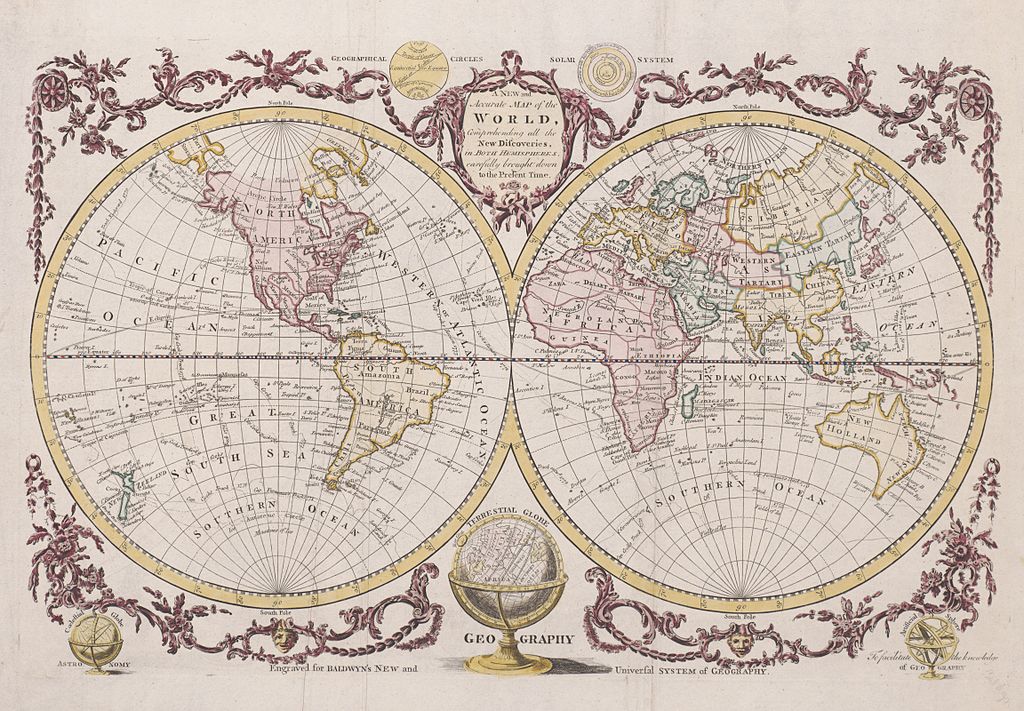|
Ages ago, most people subsisted on farming, herding, or fishing. Here and there, empires arose and fell. Europe didn't particularly stand out. So why did Europeans by the 1800s dominate much of the world?
Proposed explanations intrigue me. Among those I've read:
2 Comments
Dennis Doren
4/3/2023 08:11:07 am
I do not pretend to know the answer to your question, but it seems to me there is a context to the question of importance. What are the reasons any civilization dominated during its time? For example, why did the Chinese dominate 2200 years ago?
Reply
4/3/2023 12:11:49 pm
I tend to be skeptical of single-factor answers, and certainly don't have one for Europe. A DVD course on Barbarian Empire of the Steppe (Mongols et al) that I recently re-watched put a lot of emphasis on the 5000-mile-long "highway" of grassland and the domestication of horses. Looking for similar factors, my bias is to turn to physical geography (which predates all the other differences). Chinese silk was a big factor in its long-distance trade: I don't know enough about silkworms.to know why they started there. Mesopotamia had fertile soil from river floods. Places with mountains or deserts, river valleys isolated from each other, and few natural resources as trade goods, were at a disadvantage for small communities to connect into something larger. Yet the Vikings did quite well for all that, until the medieval "little ice age" . . .
Reply
Leave a Reply. |
AuthorI'm a historian who writes novels and literary nonfiction. My home base is Madison, Wisconsin. Archives
July 2024
|

 RSS Feed
RSS Feed